Tanzania pledges support against terrorism - AIM
Mozambique: There is a ‘witch hunt’ against detained protesters – Guirengane
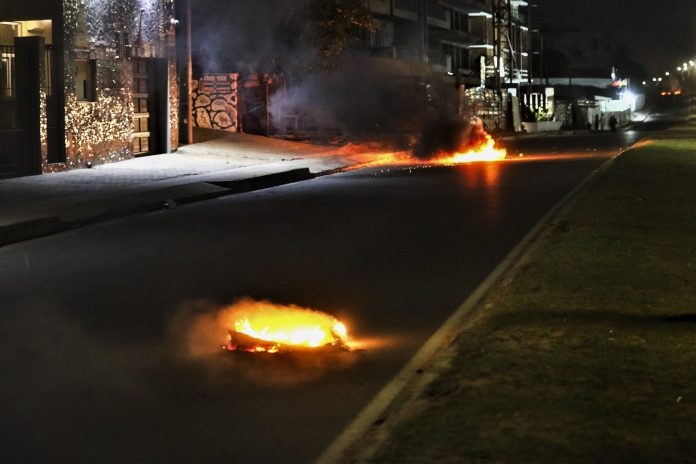
File photo: Luisa Nhantumbo/Lusa
- “There is an attempt to create terror and intimidation among citizens so that they cannot exercise their right to demonstrate,” an activist claims, alleging arbitrary trials in the dead of night and unpayable fines.
In Mozambique, the authorities are carrying out a “witch hunt” against detained protesters and critics of the government. Social activist Quitéria Guirengane cites suspicious procedures, such as orders from the Minister of Justice to survey damages caused in protests against electoral fraud so that protesters can later be held accountable.
However, there are no known legal actions regarding the crimes committed by military and police officers. The Mozambican activist believes that this is terrorism against citizens with the aim of weakening their fight against injustice.
In an interview with DW Africa, Guirengane reports several cases of abuse by the authorities, including “citizens who are being taken to trial without the right to a defence”, and citizens who have been sentenced to penalties converted into fines of up to 700,000 meticais (around €10,000 euros).
DW Africa: What is the status of the protesters detained in the latest protests?
Quitéria Guirengane (HQ): We have a large number of citizens detained in Mozambique nationwide, [but also] some cases of missing people whose families have been searching for them in various penitentiaries, police stations and hospitals, without success. Often, it is only through campaigning that their whereabouts are revealed, so we can consider these forced and involuntary disappearances.
We also have the situation of citizens who are being taken to trial without the right to a defence. Even when lawyers from the Bar Association presented their defence, they still were not informed about the trial procedures. The trial phase is moving forward.
For example, in the Inharrime District [Inhambane province], 40 detained citizens were tried on the night of Friday to Saturday. The trials ended in the early hours of Saturday, and some of them were sentenced. For example, two citizens were sentenced to jail time converted into a fine of 49,000 meticais; another was sentenced to 80,000 meticais. There were other amounts, but the most aberrant was the citizen who was sentenced to 100,000 meticais.
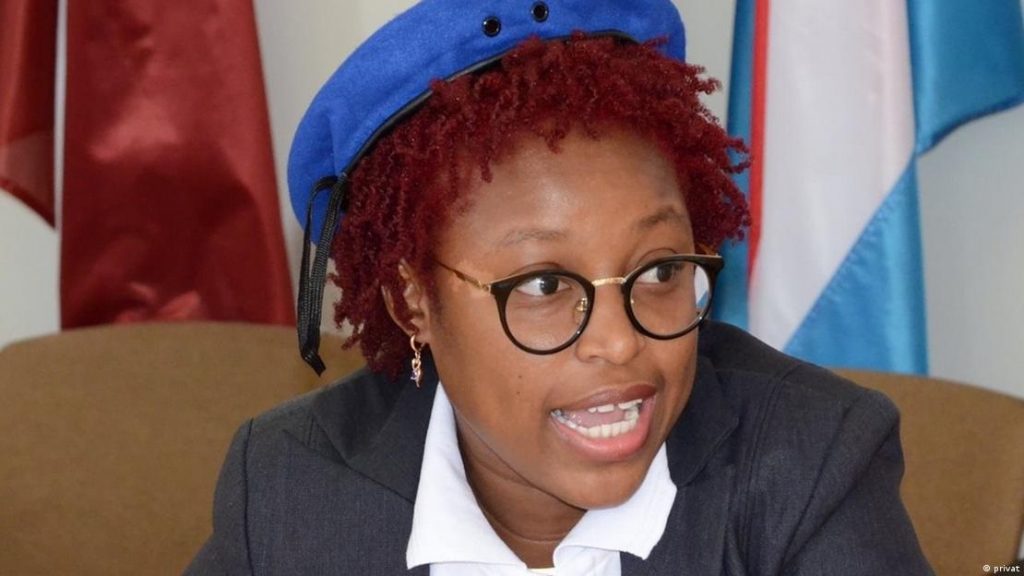
DW Africa: Are you talking about a “witch hunt”?
HQ: A real witch hunt. We have provinces where the number of detainees is constantly rising. In places like Cabo Delgado, Zambézia province, in the Curu Valley and Mocuba, we have citizens who have been shot, are being detained, are being pulled out of hospital beds while still under [medical] care, some in serious condition. We have one citizen, for example, who received a notification – he is still seriously injured – and the person who signed the notification is precisely the officer who shot him. So, it is an attempt to create terror and intimidation among citizens so that they cannot exercise their right to demonstrate.
At the same time, we see letters circulating, some of them signed by the Minister of Justice, ordering a national survey of the damage recorded in the demonstration so that the perpetrators can be held accountable. We are seeing a discourse of further persecution, of intimidation of citizens who do not have formal employment or who do not have a monthly income above 5,000 meticais, who are silenced with a fine of 700,000 meticais. So, it is an attempt to weaken the struggle, weakening the people who give their all for it, by economic measures.
At the same time, there are citizens who were not even associated with the demonstration, but indicated by neighbourhood secretaries, in a witch hunt, as from the opposition. Then, the police go there and take that person. This phenomenon has not been observed only in one province, but has been observed in general. So, I would characterize the period from November 8 to 11 as a period of witch hunt.
DW Africa: In the meantime, has there been no action by the Mozambican justice system against the police officers who were seen on all social networks indiscriminately shooting at the population?
HQ: There is no action, neither in relation to the military, police or security agents who were shooting in the streets, nor – and even worse – in relation to the masked citizens, dressed as civilians, who had weapons and who were shooting at the people. A great act of double standards. But it is not only the [Republican] Prosecutor’s Office that has totally abandoned the people.
There is a National Human Rights Commission that, at the beginning of all this, when Elvino Dias and Paulo Guambe were murdered, made a public statement expressing its interest in following the process of holding them accountable until the end. But since then it has disappeared, and is nowhere to be found. We have an Office of the Ombudsman of the Republic of Mozambique, but it has not been making any statements.


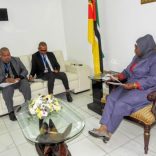

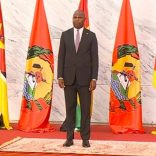
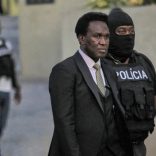







Leave a Reply
Be the First to Comment!
You must be logged in to post a comment.
You must be logged in to post a comment.